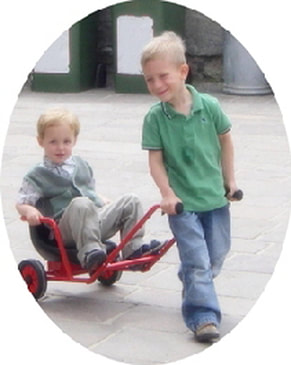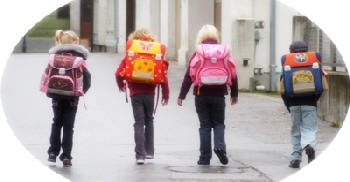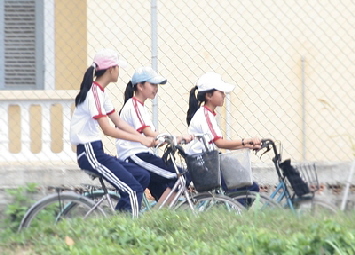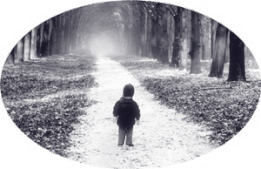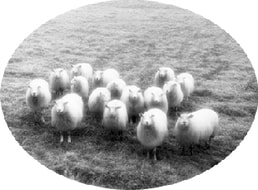Countless studies, theories, essays and more have been published on the influences that make a child the individual it will grow up to be. Which factors decide on the kind of woman or man it will be, what forms its character traits and its ability to manage life?
|
At the Global Natives Club, we are convinced that the split of genetic, educational and environmental factors has no given percentages - their powers differ from child to child.
To give parents support and backing is one of our key purposes. Just as relevant however is the need to pay attention to a child's peers, who shape juvenile perception in areas where parents are not always accepted as first authority! |
|
In her controversial book “The Nurture Assumption” (publ. 1998) Judith Rich Harris says "Parenting has been oversold. You have been led to believe that you have more of an influence on your child's personality than you really do."
A Newsweek article titled “The Parent Trap” gives an analysis for interested readers who have not read the book (link). Judith Harris's big idea - namely, that peers matter much more than parents - ran (in ‘98) counter to nearly everything that a century of psychology and psychotherapy had told us about human development. Freud had put parents at the centre of the child's universe, and there they had remained ever since.
|
Steven Pinker, the renown psychologist,
wrote in his foreword to the book: “For one thing, the biological interests of the parent and the child are not identical” ... “It makes sense that children should take their calories and protection from their parents, because their parents are the only ones willing to provide them, but that they should get their information from the best sources they can find, which might not (necessarily) be their parents.” |
|
We conducted a survey amongst members in 2011.
2017 and 2022 it was repeated with virtually identical results. One of the most important findings was the fact that an overwhelming majority of 92% of all mothers and fathers stated: “We want to play a relevant part in creating the peer groups our children socialize with.” |
Parental opinion in the network is quite clear:
* we cannot control our kids at all times, nor would we want to. * we do want to have an influence on who our kids socialize with, to a sensible degree and with all possible discretion * we want to bring peers into play from outside familiar social circles for wider mental horizons and a broader set of values * we want to be part of our children’s social life to a degree that allows us to detect harmful peer influence and react if necessary * we want to accept our own children and their friends with a maximum of trust, aiming to influence their peer group structure not by authority but by offering opportunities |
|
.
. |
Peers are doubtless a very powerful force, their influence shapes a kid's definition of what’s cool and who’s a nerd, where it is desirable to belong and what can be safely dismissed as a waste of time.
In order to guide juvenile opinion-forming as subtly and efficiently as possible it is a good idea to look out for ways to influence who the peer groups are. Global Natives open up ways to create new circles of friends who help to ensure that youngsters end up neither lonely nor as part of a group of mindless trend followers. |
.
. |
